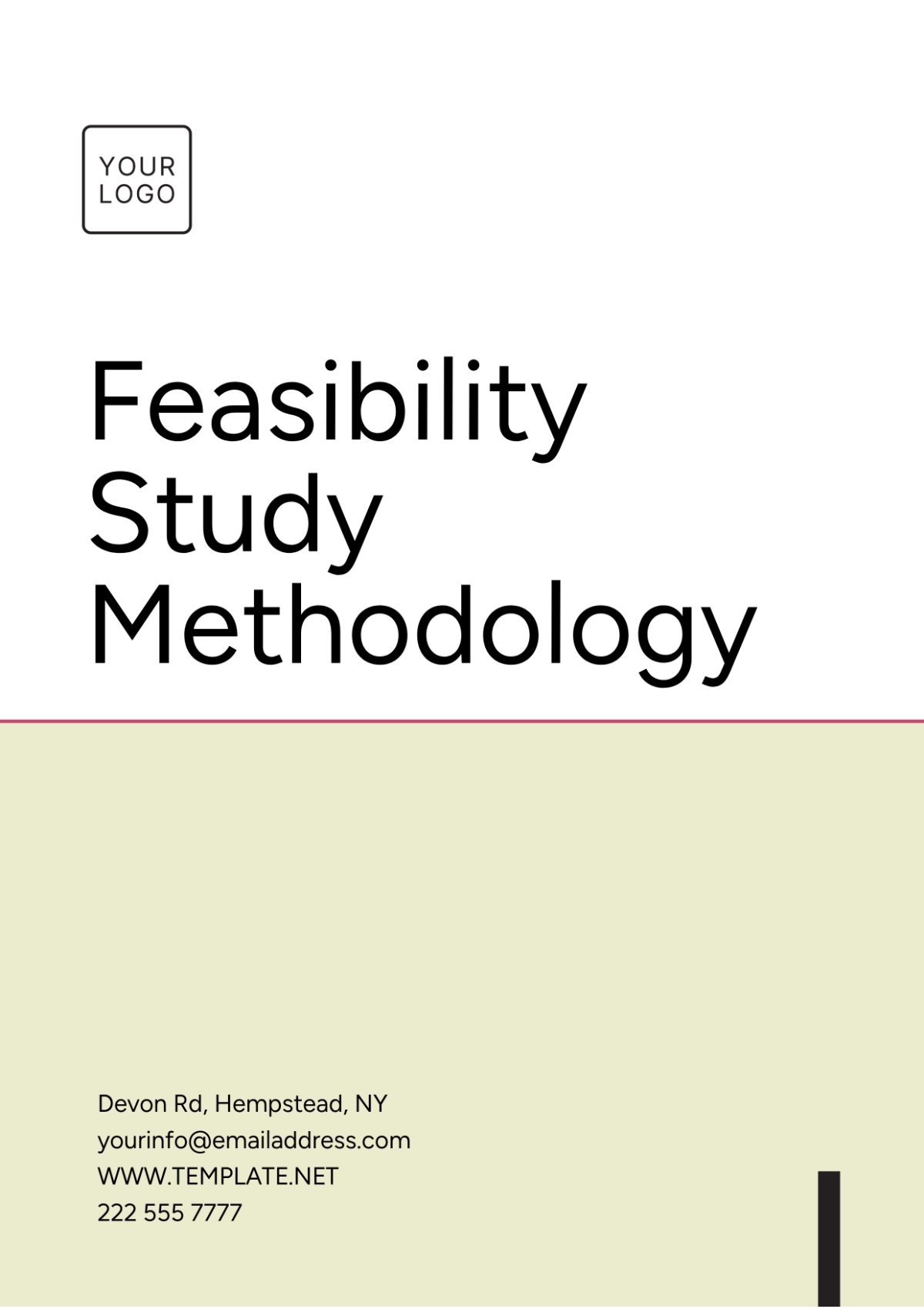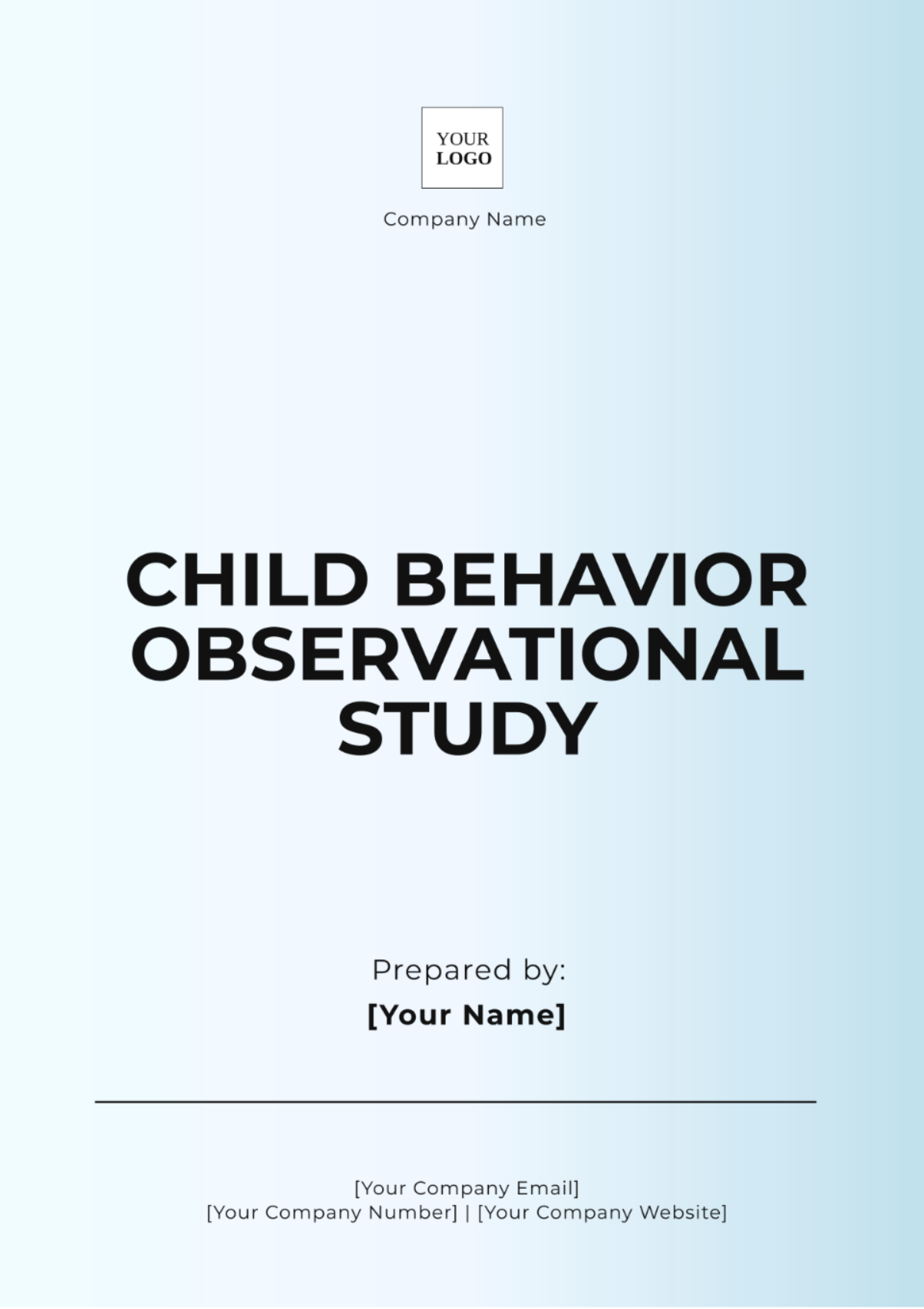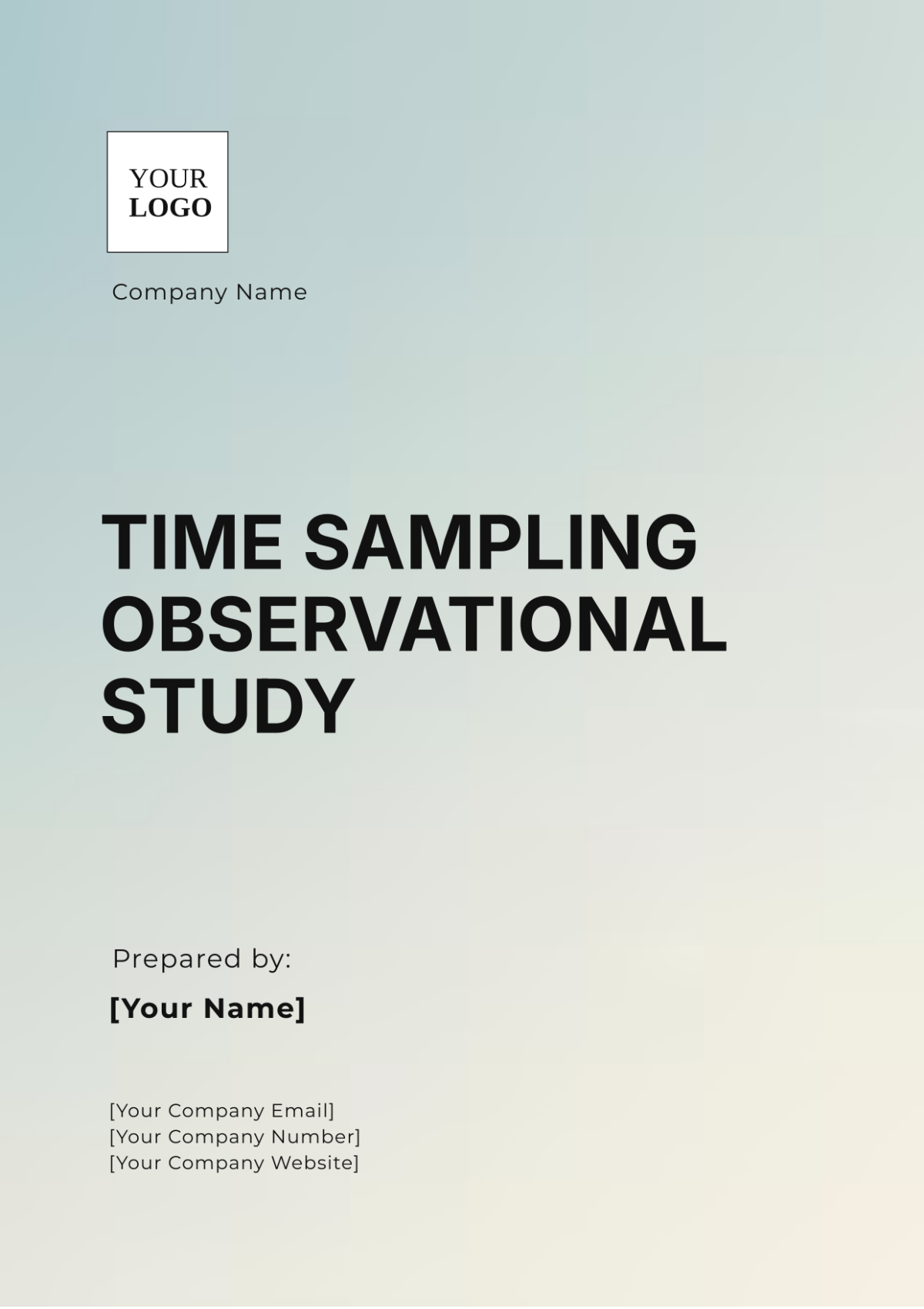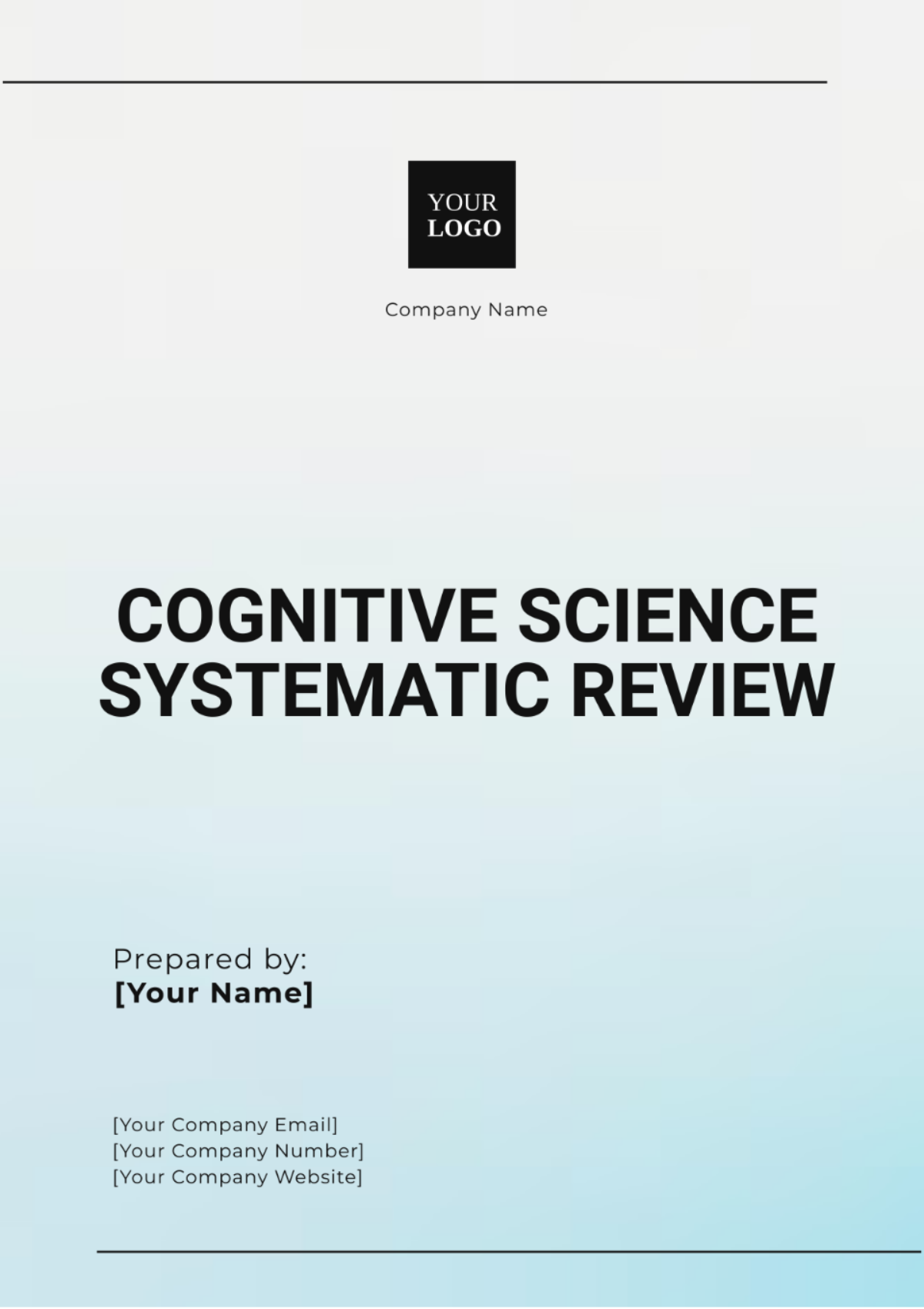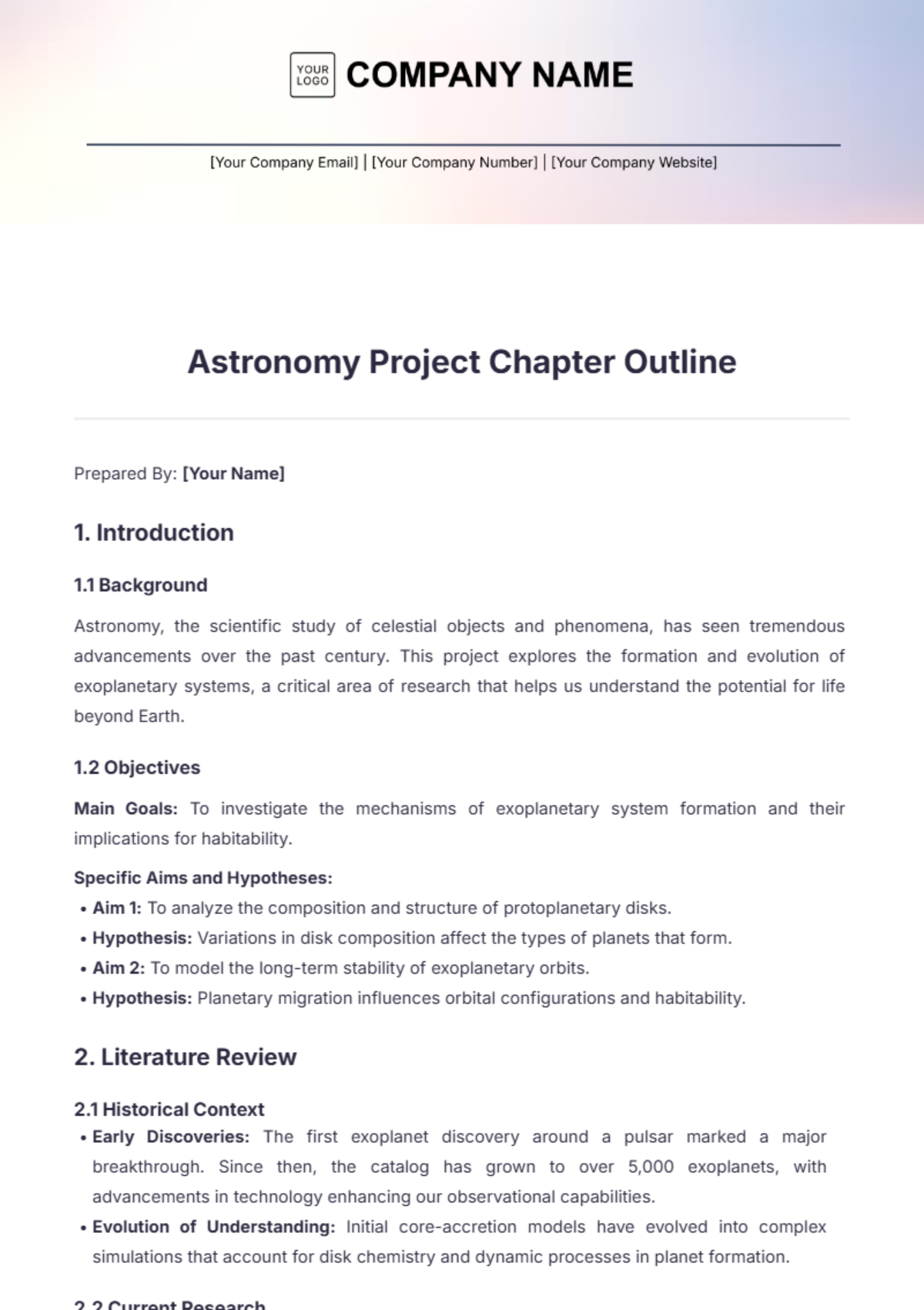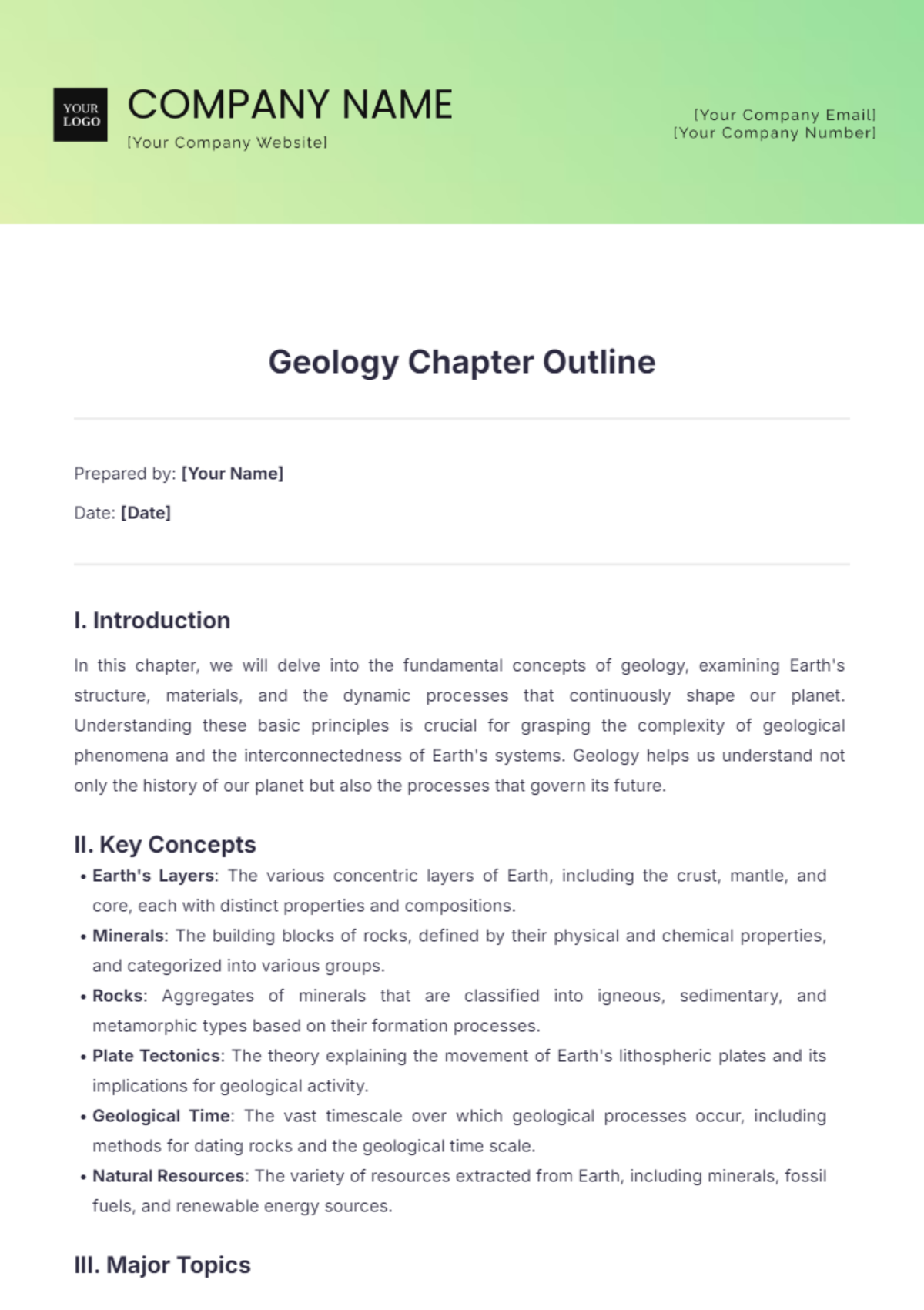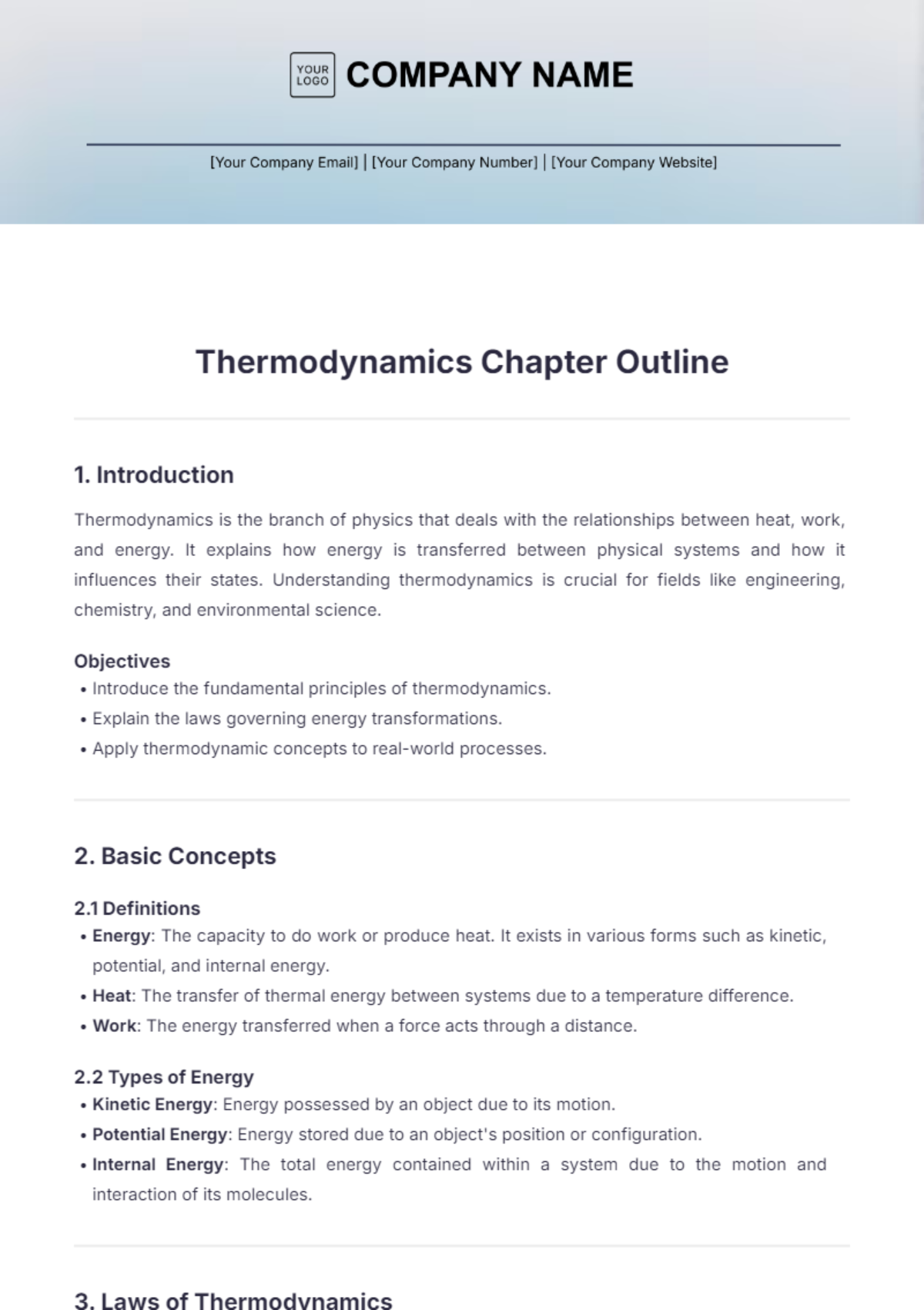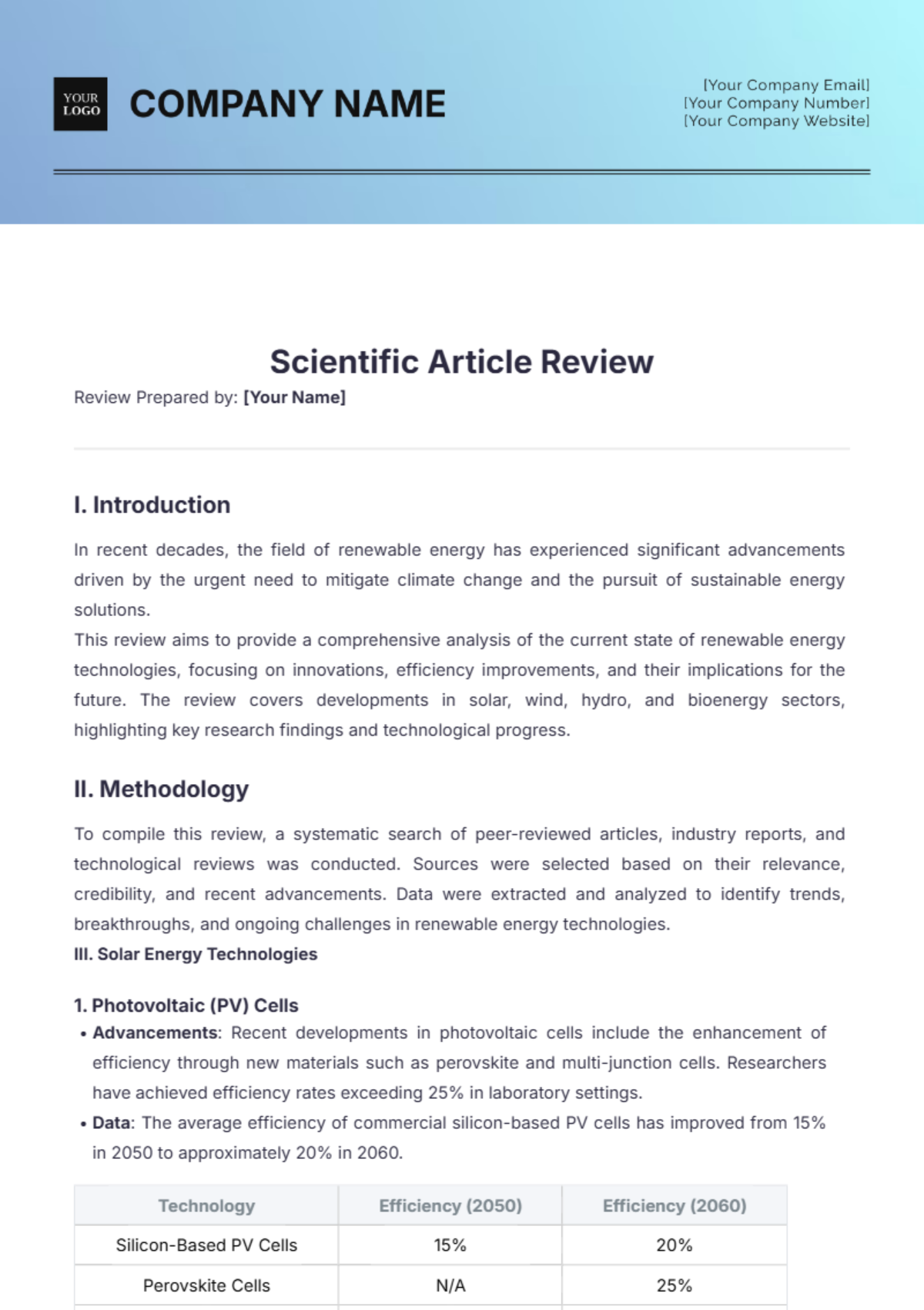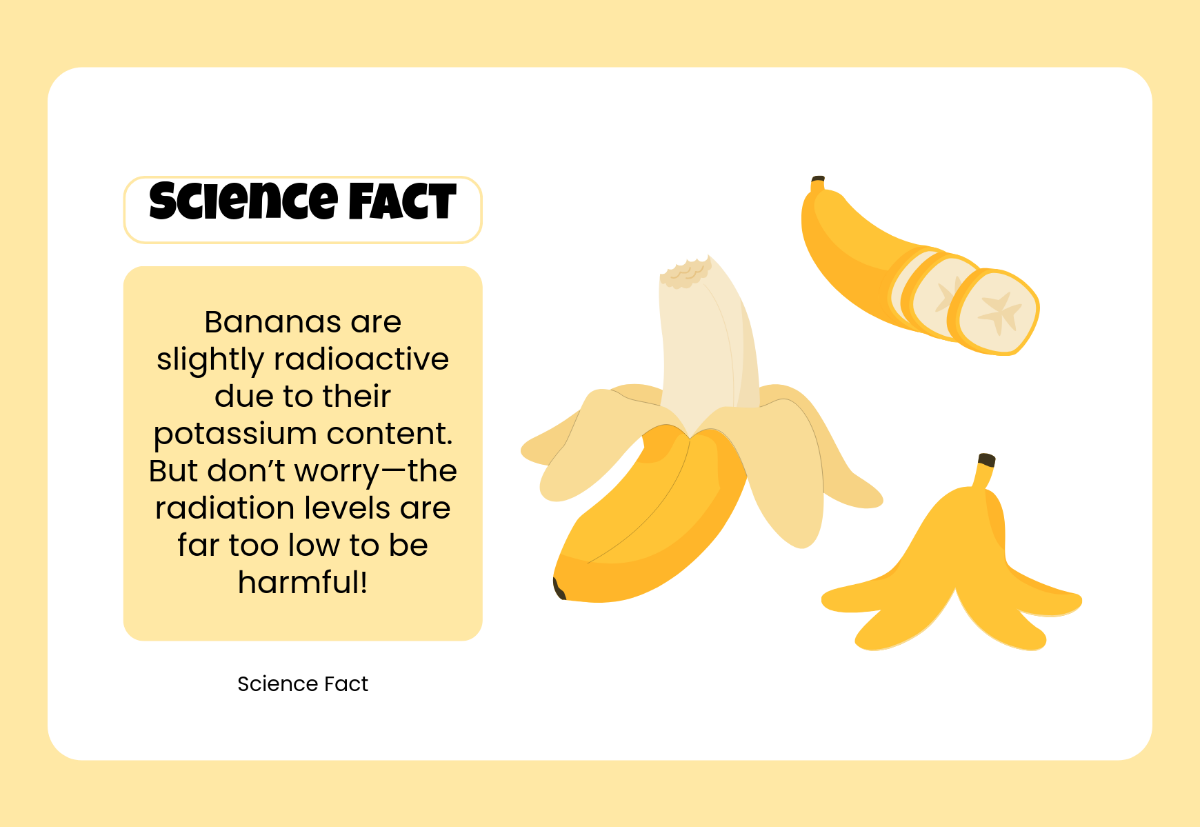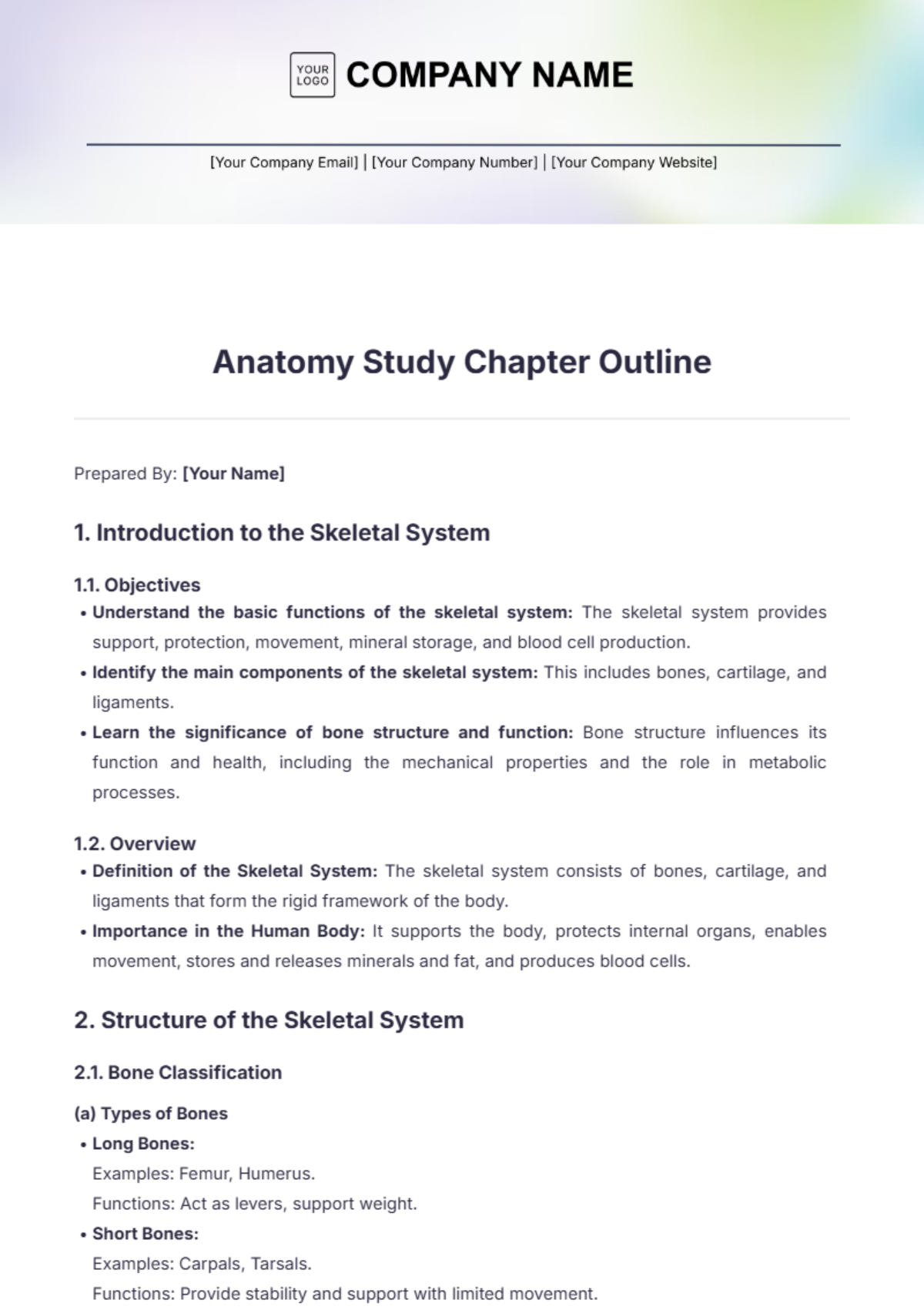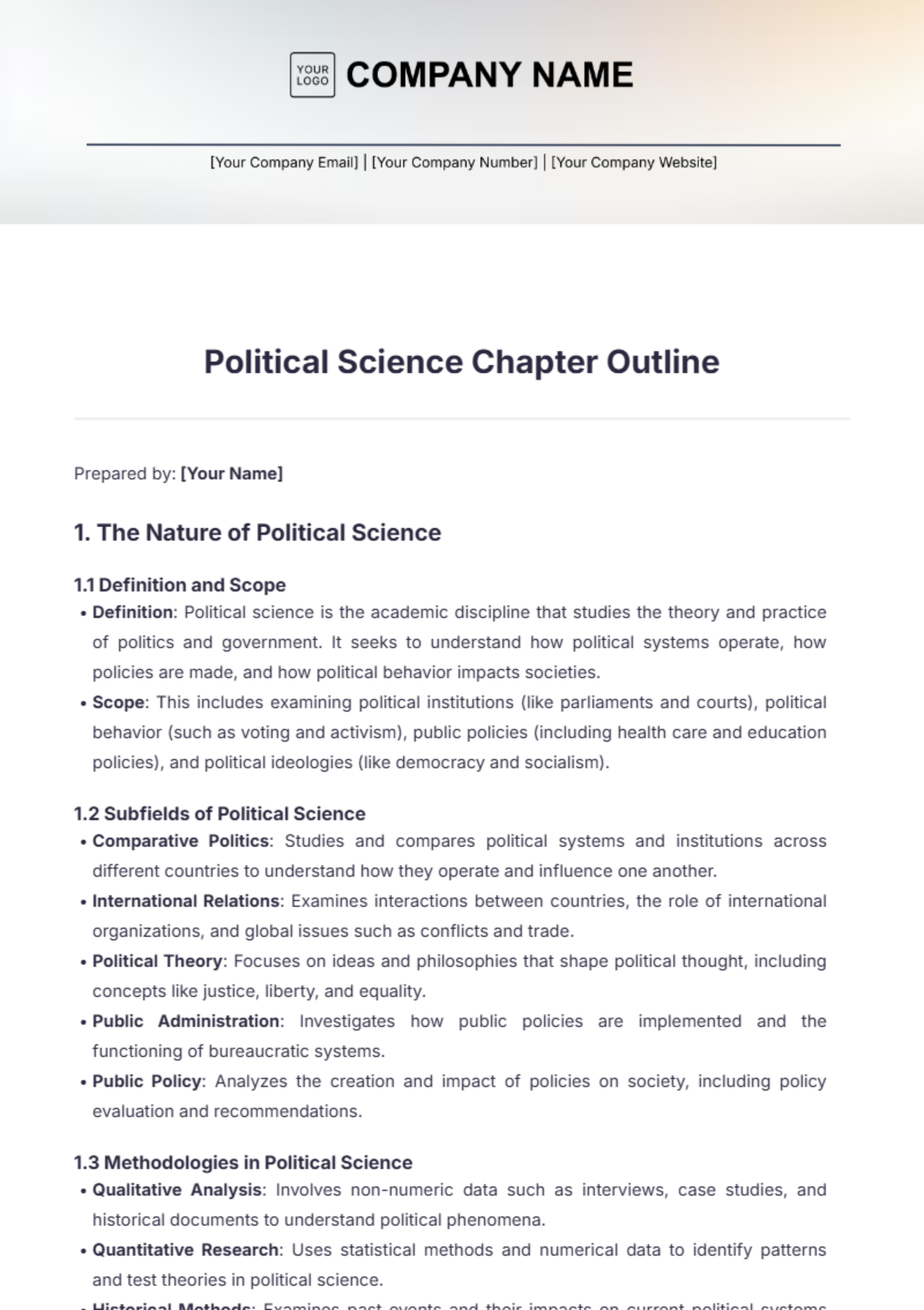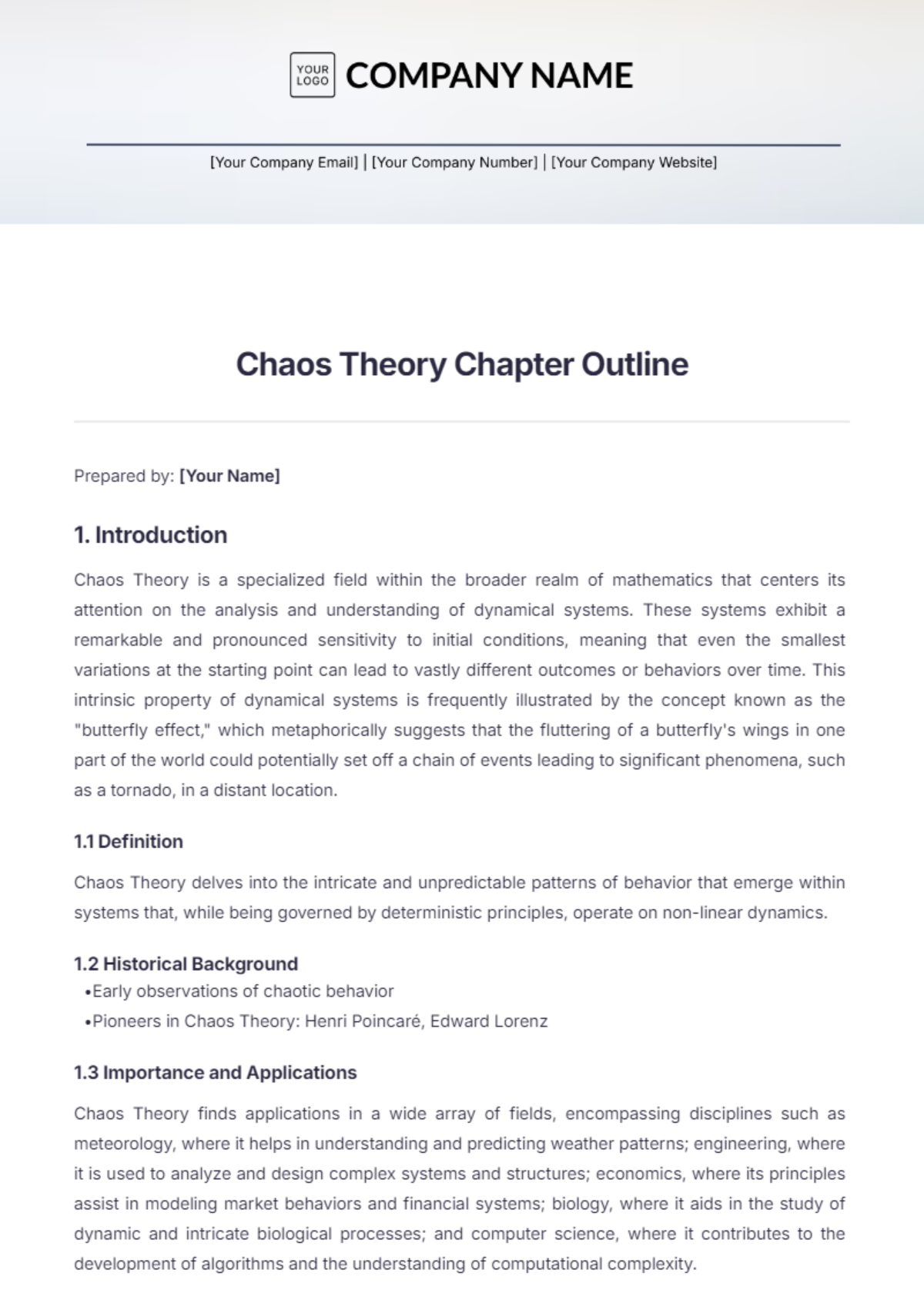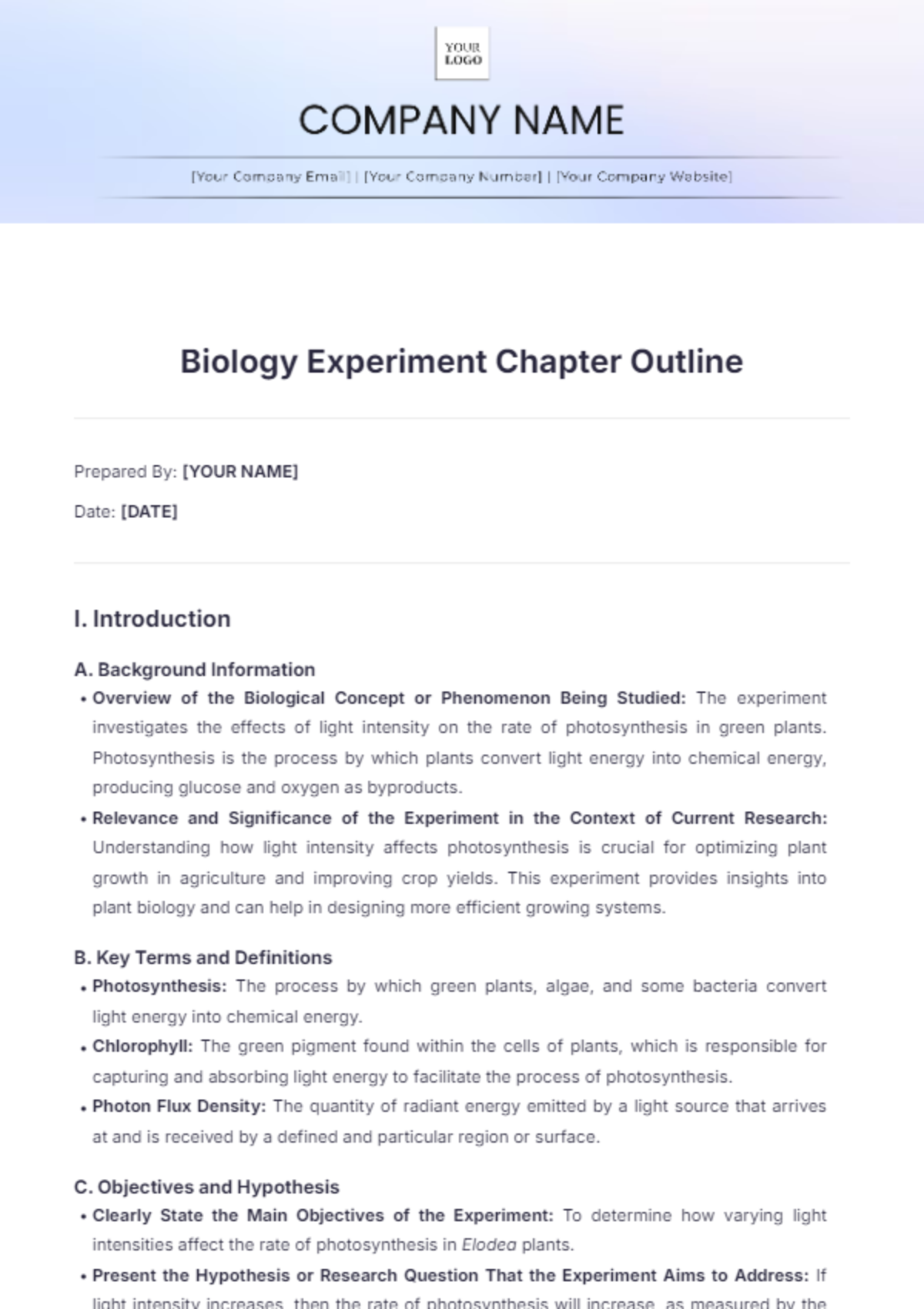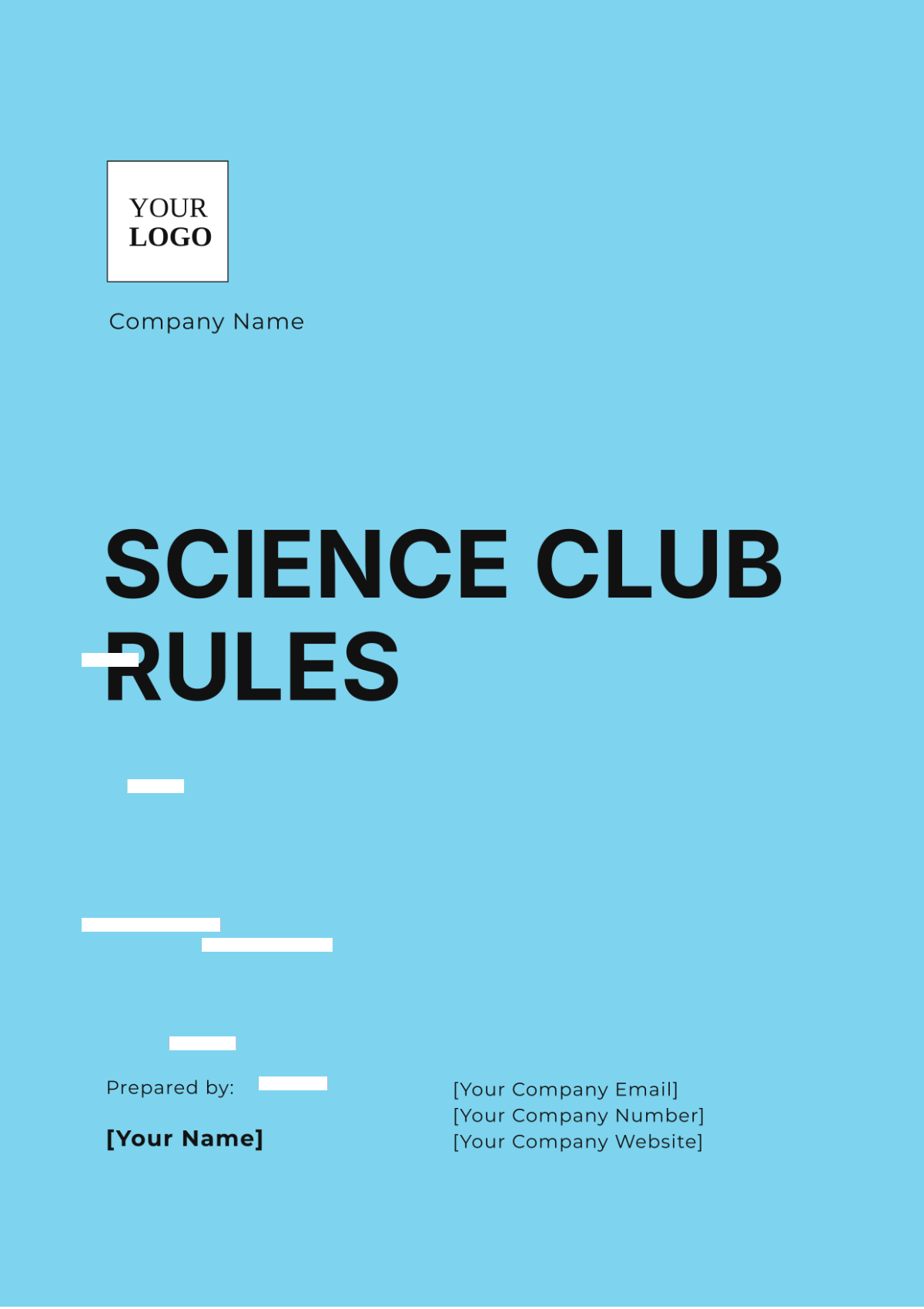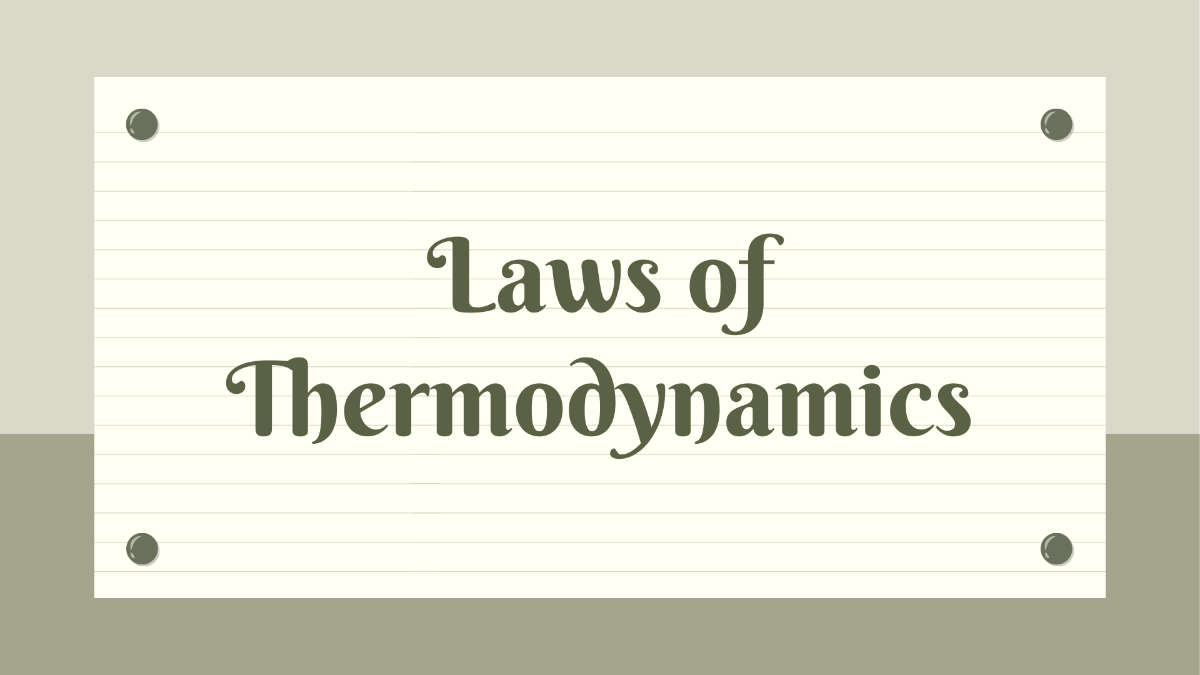Child Behavior Observational Study
Prepared by: [YOUR NAME]
Date: [DATE]
I. Introduction
A. Purpose of the Study
This study aims to observe and analyze child behavior in a playground setting to understand the patterns and determinants of various behavioral expressions. By examining how children interact and respond to stimuli in a real-world environment, the study seeks to enhance theories in educational psychology, advance child development knowledge, and guide effective behavioral interventions.
B. Research Questions
What are the predominant behaviors exhibited by children in a playground setting?
How do these behaviors vary across different age groups and between genders?
What role do environmental factors play in shaping these behaviors?
C. Significance of the Study
Enhance Educational Psychology: Enhance and refine the various methods and approaches employed in teaching, while also implementing more effective and efficient techniques to manage and organize the classroom environment.
Advance Child Development Theories: Evaluate and critically analyze current developmental theories, either by providing support for their accuracy and validity or by raising challenges and presenting evidence that questions their assumptions and conclusions.
Guide Behavioral Interventions: Inform the creation of targeted interventions to address behavioral challenges and promote positive development.
II. Literature Review
Previous research on child behavior has explored various environments, including homes, schools, and public spaces. Foundational theories by Piaget and Vygotsky have shaped our understanding of child development. More recent studies highlight the impact of social interactions and environmental stimuli on child behavior (Smith, 2050; Jones, 2051). Gender differences in behavior have also been noted, with boys often exhibiting more physical behaviors and girls showing more social behaviors (Brown, 2052).
III. Methodology
Study Design: This study uses a descriptive observational design to analyze child behavior in a natural playground setting, focusing on how children interact and behave in their typical environment.
Participants: Fifty children, aged 3 to 10 years, were observed in a community playground. The sample represents various developmental stages for a comprehensive view of behavior across age groups.
Observation Techniques: Naturalistic observation was employed to capture children’s spontaneous behavior during playground activities without interference, ensuring authentic data.
Data Collection Methods: A structured checklist was used to record specified behaviors such as play, social interactions, negotiation, and physical actions, providing a clear and accurate depiction of the children’s activities.
IV. Results
Behavior | Frequency (Ages 3-5) | Frequency (Ages 6-10) |
|---|---|---|
Physical Play | 25% | 30% |
Social Interaction | 40% | 35% |
Conflict | 10% | 15% |
Negotiation | 25% | 20% |
Statistical analysis shows a significant difference in the frequency of physical play between younger and older children (p<0.05).
V. Discussion
The results of the study uncover multiple significant patterns in the behavior of children, each of which provides valuable insights into their development and actions in various contexts.
Increase in Physical Play with Age: Physical play was observed to increase as children grew older. This trend suggests that as children develop, they engage more in activities requiring physical exertion and coordination.
Minimal Differences in Social Interaction Across Ages: Social interactions showed only minor variations between different age groups. This consistency might be attributed to the developmental phase where older children are more involved in structured, rule-based play rather than spontaneous social interactions.
Higher Incidence of Conflicts in Older Children: Older children exhibited a higher frequency of conflicts. This increase may be linked to their growing independence and assertiveness as they navigate more complex social dynamics.
These findings align with previous research (Smith, 2050) and provide valuable insights into how environmental factors influence child behavior. The results highlight that while physical play evolves with age, social interactions remain relatively stable, and conflicts increase as children assert their independence.
VI. Conclusion
A. Key Findings
Age-Related Differences: The study highlights notable differences in child behavior based on age, particularly in areas of physical play and conflict resolution. Older children engage more in physical activities and show an increased frequency of conflicts, reflecting their developmental stage and growing independence.
B. Recommendations for Future Research
Cultural and Parental Influences: Future studies should investigate how cultural contexts and parental influences affect child behavior. Understanding these factors can provide deeper insights into behavioral patterns and inform more effective intervention strategies.
Longitudinal Studies: Conducting longitudinal research will be valuable for tracking how child behaviors evolve. This approach can help identify developmental trends and changes in behavior, offering a more comprehensive understanding of child development.
These recommendations aim to expand on the current findings and enhance the understanding of factors influencing child behavior, contributing to more targeted and effective interventions.
VII. References
Brown, R. (2052). Gender Differences in Playground Behavior. Journal of Child Psychology, 45(3), 234-250.
Jones, L. (2051). Impact of Environmental Stimuli on Child Development. Developmental Review, 50(2), 120-135.
Smith, A. (2050). Social Interactions and Child Behavior. Child Development Perspectives, 40(1), 78-85.

